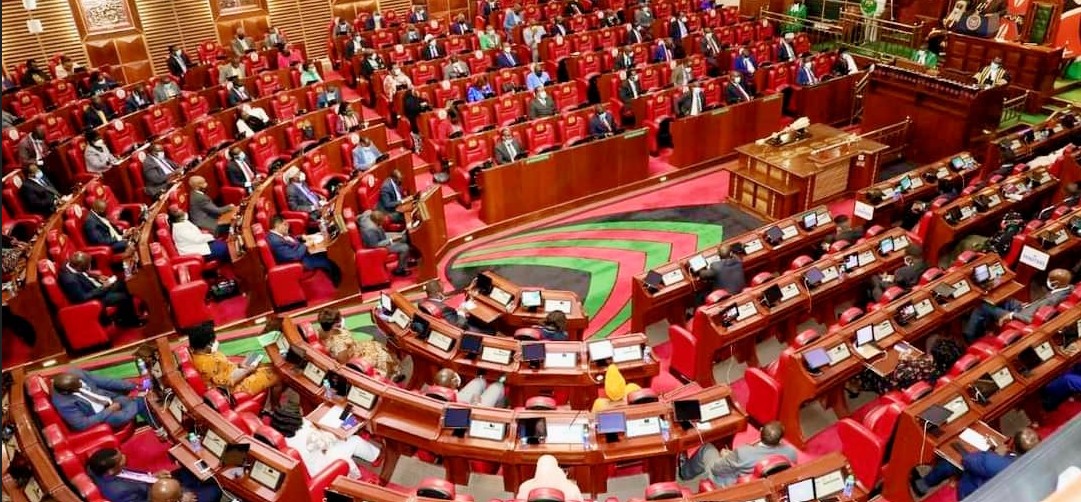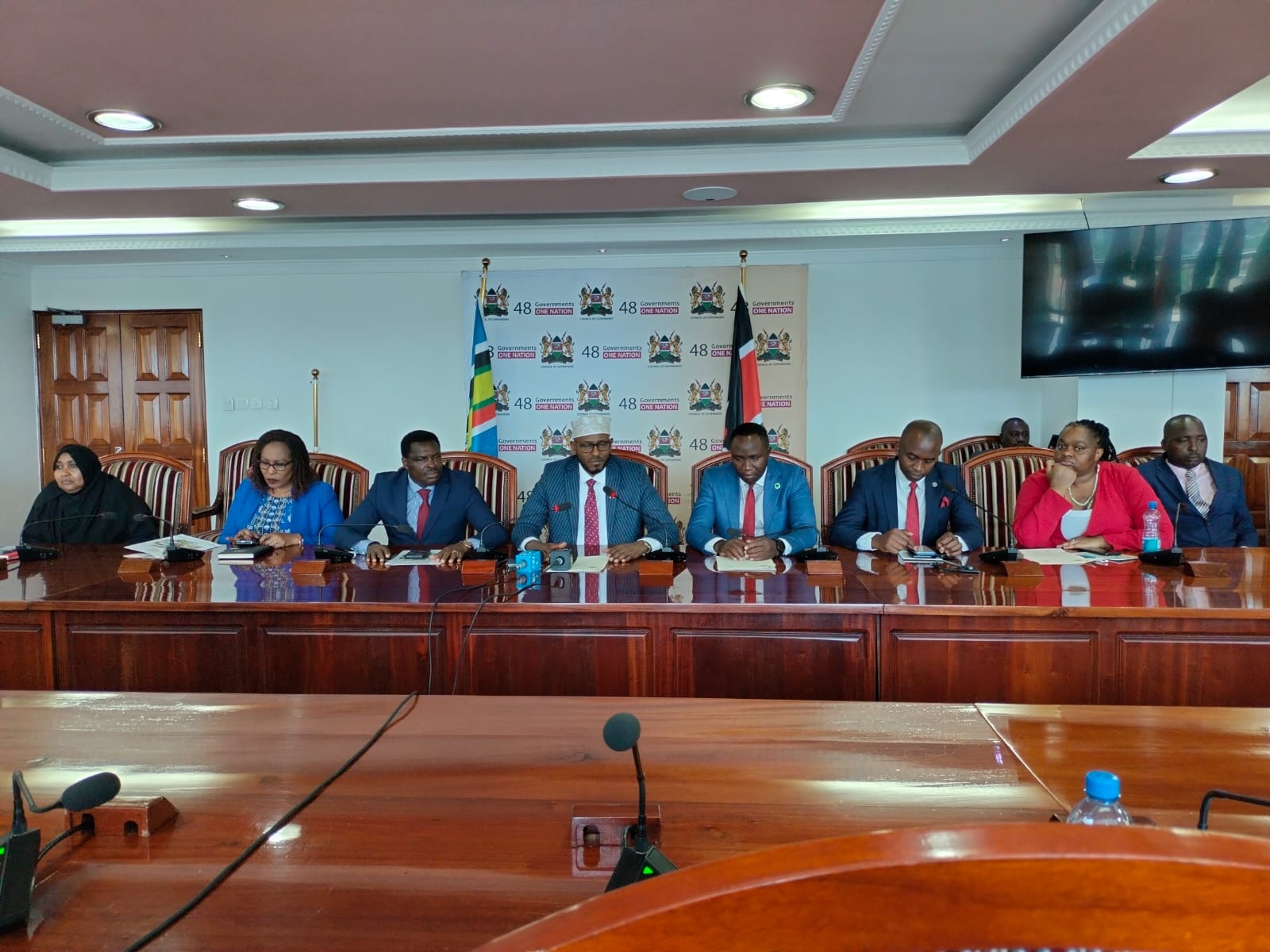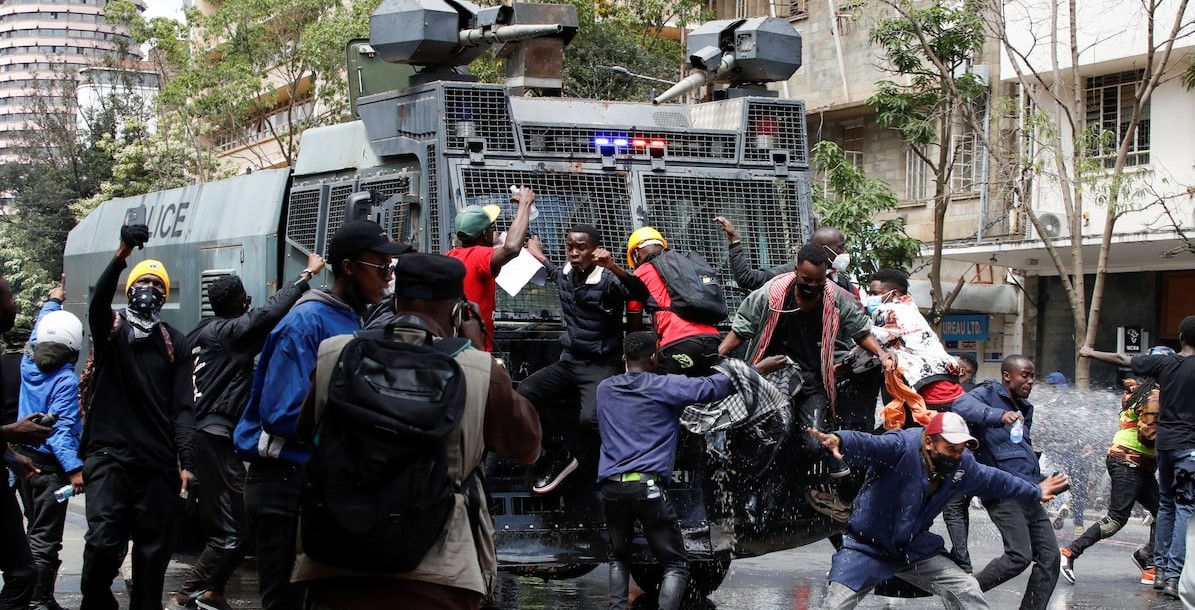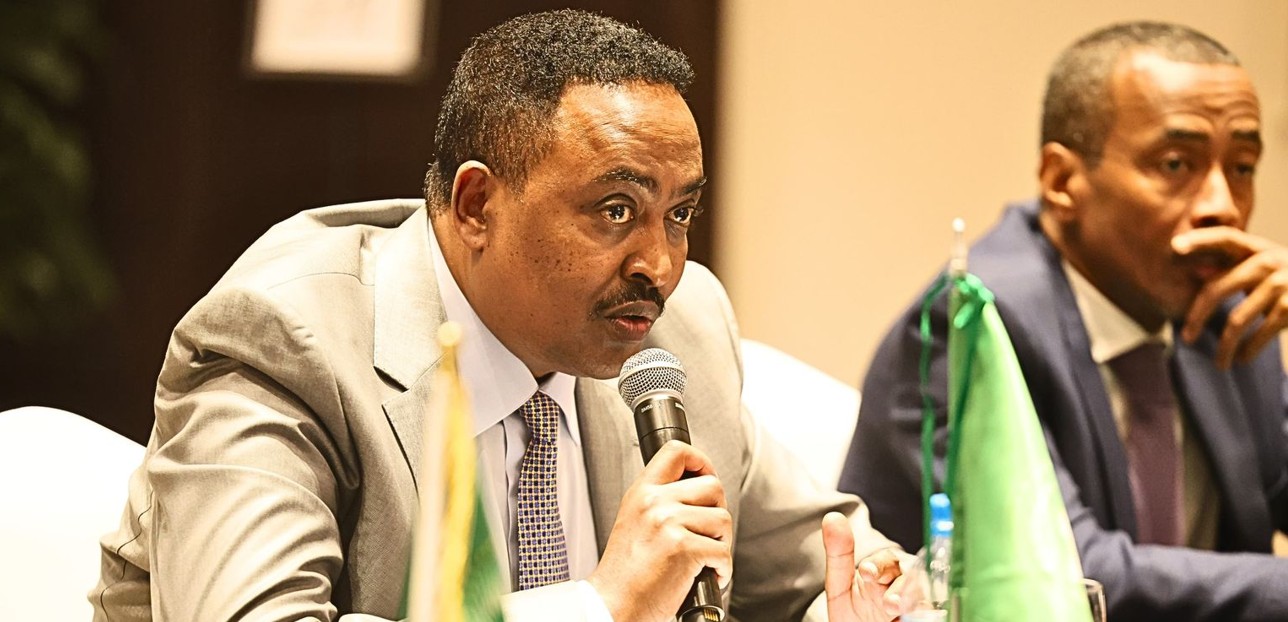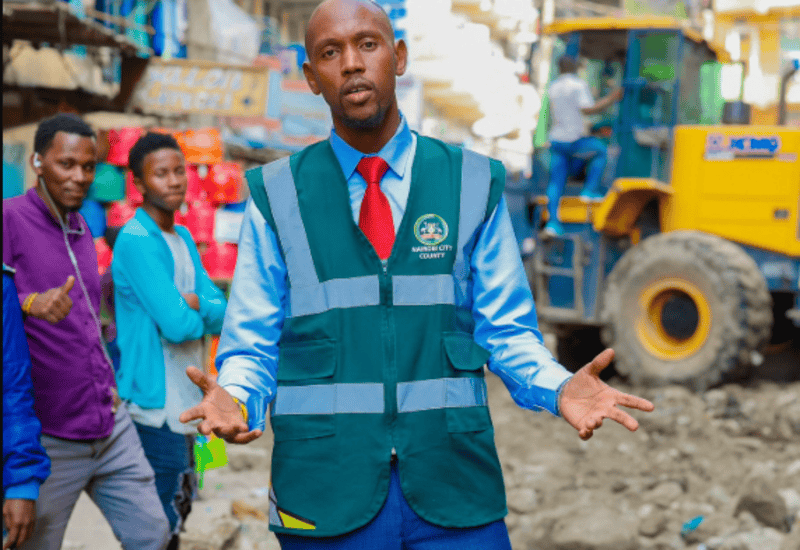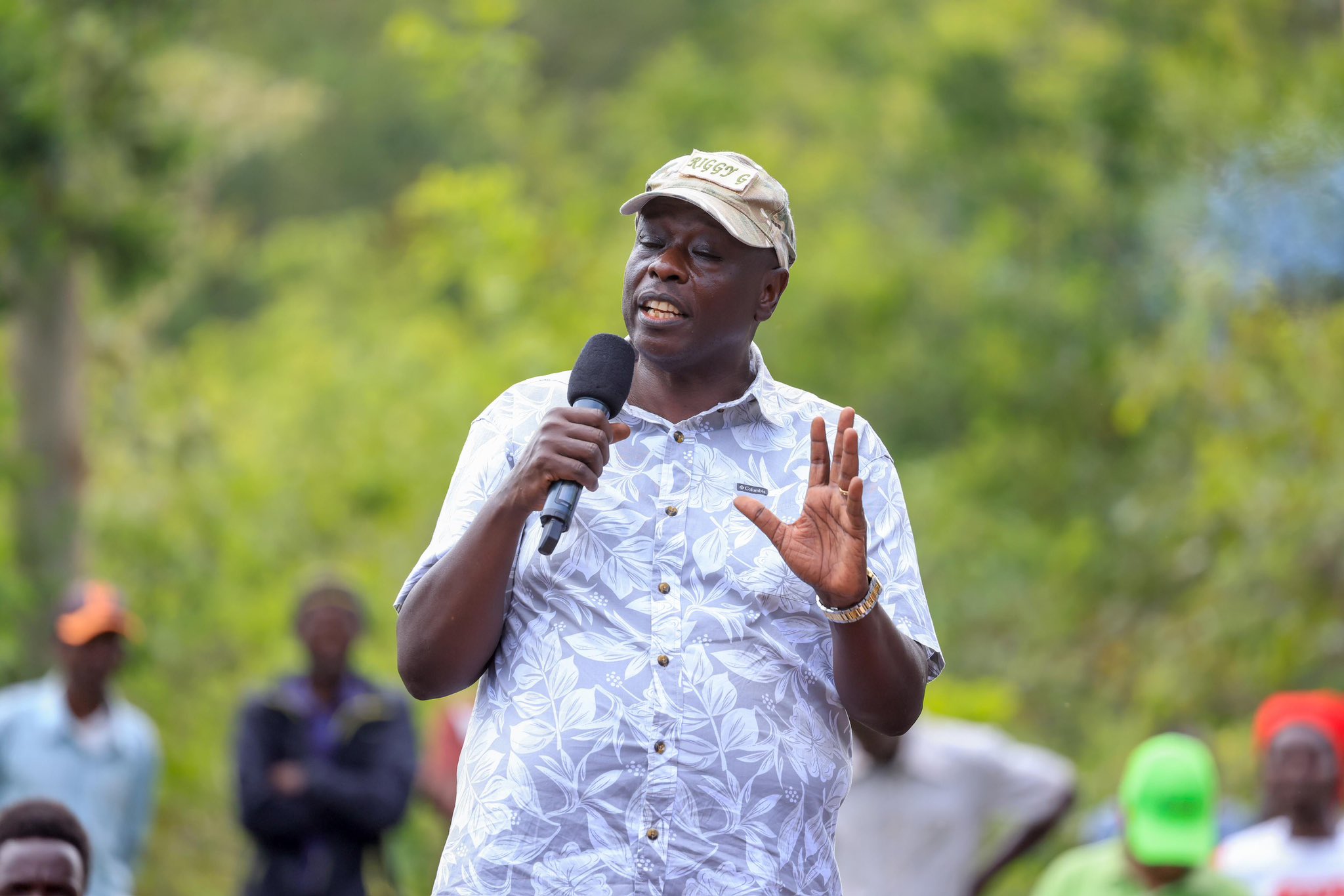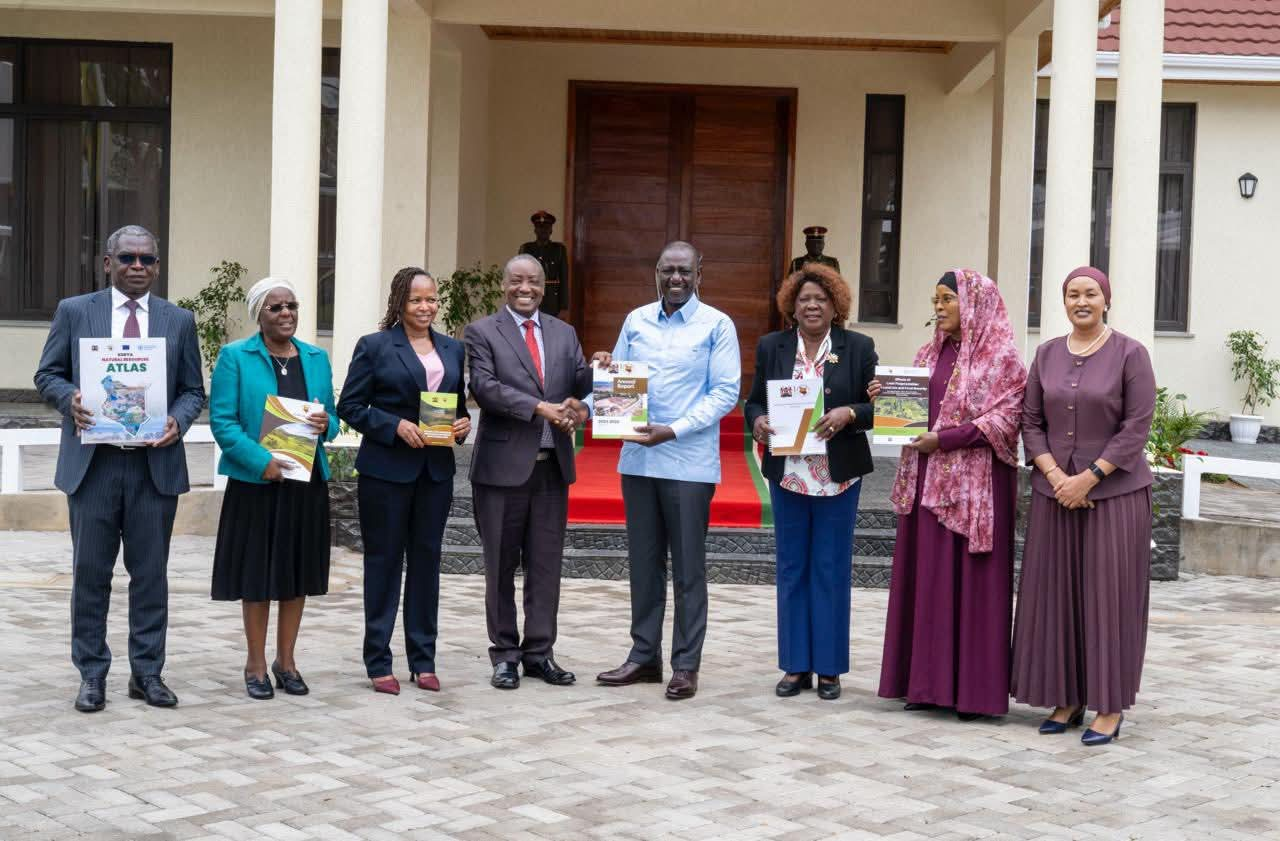MPs warn of wasted resources as digital hubs remain incomplete
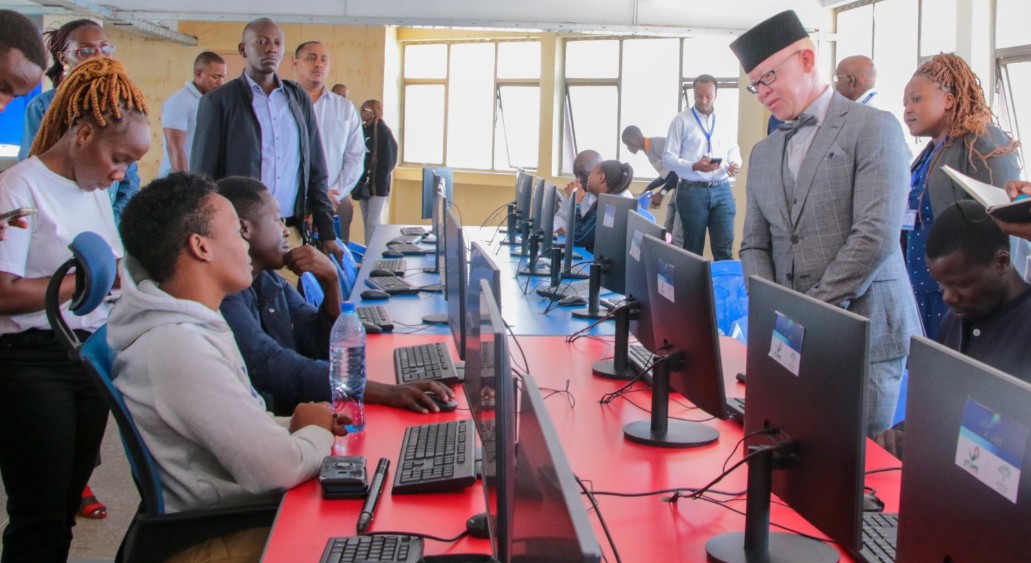
According to Mbuno, once fully operational, the digital hubs are expected to drive the growth of the digital economy and improve access to government services, many of which are now available online.
Legislators have criticised the Ministry of Information and Communication Technology (ICT) for failing to provide the necessary equipment for digital hubs in constituencies, despite several areas already investing in the construction of these centres, leaving them idle and unused.
The National Assembly Committee on Implementation has called for immediate action, warning that the delays are undermining the government’s digital economy goals and wasting valuable resources.
More To Read
- MPs demand answers over Sh34.3 billion spent on public Wi-Fi project
- NG-CDF faces fresh headwinds as KRA moves to recover Sh2 billion tax arrears
- MPs race to save NG-CDF as Treasury scrambles to meet June 2026 deadline
- NG-CDF denies role in controversial Mandera South school project
- CA announces postal service reforms, proposes Sh1.5 million license fee
- MPs demand answers over delayed ICT ministry projects, stalled legislation
The Committee, led by Budalangi MP Raphael Wanjala, has directed National Government Constituencies Development Fund (NG-CDF) Board CEO Yusuf Mbuno to urgently compile data on constituencies that are ready for the establishment of digital hubs.
“It is unfortunate that this programme has taken too long to be rolled out, yet many constituencies have already erected the necessary structures to establish the digital centres. The NG-CDF Board CEO needs to inform us how many centres have been established so far so we get to engage with the ICT Ministry from a point of information,” Wanjala said.
Embakasi West MP Mark Mwenje echoed these concerns, lamenting the underutilisation of the hubs and the wasted investments.
“We had invested in these ICT hubs through NG-CDF with the expectation that the ICT Ministry would equip them. They’re now lying idle because the Ministry is not committed to equipping them,” he said.
Mandera South MP Abdul Haro warned that if the delays continue, the entire programme could collapse.
The committee invited ICT Principal Secretary John Tanui and Mbuno to explain the delays, but the PS was unavailable.
The legislators also emphasised the importance of ensuring the hubs are accessible and inclusive.
Committee Vice-Chairperson Rose Museo called for accessibility features to accommodate persons with disabilities.
Mombasa Woman Rep Zamzam Mohamed and Lamu West MP Stanley Muthama urged the inclusion of culturally sensitive designs, particularly in regions with specific gender-segregation needs.
“Hon. Chair, I want to urge Mr Mbuno to ensure that in constituencies that are predominantly Muslim, there are different structures for both young men and women, in line with our cultural and religious expectations,” Zamzam said.
Turkana East MP Nicholas Ngikor emphasised the necessity of ensuring the hubs have reliable internet connectivity and a steady power supply.
Igembe North MP Julius Taitumu stressed the need for transparency in the tendering process for ongoing hub development.
In his response, Mbuno assured the committee that the concerns raised regarding hub design had already been addressed in consultations with the ICT Ministry. He explained that the ministry had identified the NG-CDF Board as a key partner in funding the establishment of the digital hubs.
“Hon. Chair, these guidelines have now provided clarity on issues that were previously unclear. The NG-CDF Committees will be responsible for site identification, resource allocation, construction and covering recurrent costs such as utilities and maintenance,” Mbuno said.
He added that the ICT ministry would be responsible for policy implementation, recruitment of ICT staff, provision of bandwidth and technical support.
According to Mbuno, once fully operational, the digital hubs are expected to drive the growth of the digital economy and improve access to government services, many of which are now available online.
Top Stories Today
